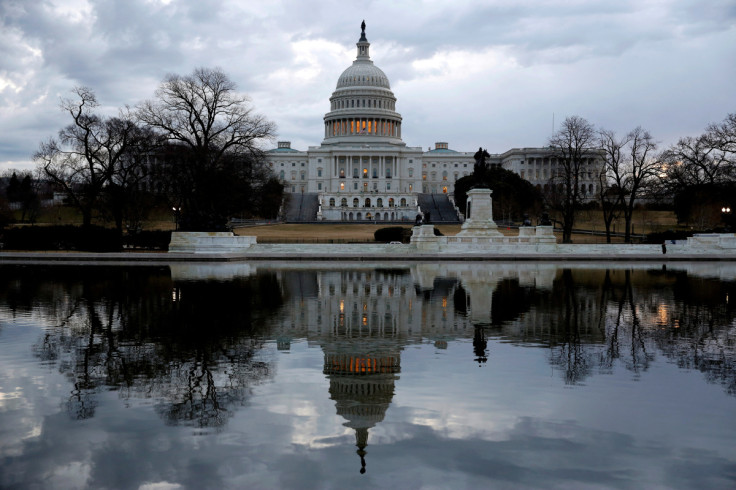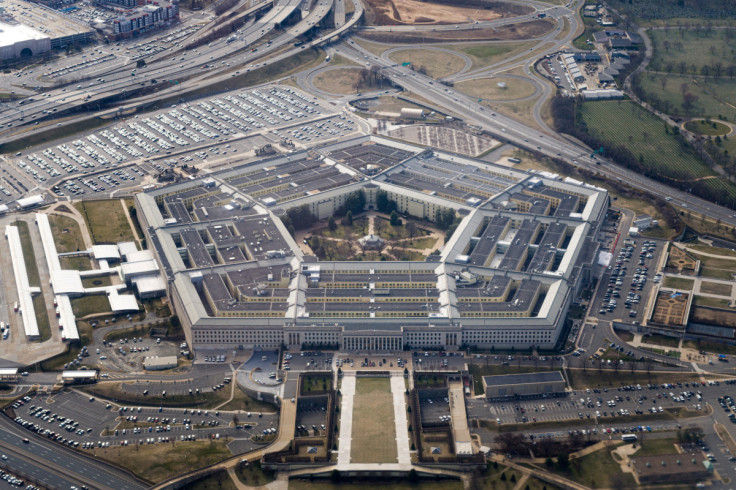U.S. Senate Passes Record $858 Billion Defense Bill, Sends Bill To Biden

The U.S. Senate passed a bill for a record $858 billion defense budget next year on Thursday, with strong bipartisan support, authorizing $45 billion more than proposed by President Joe Biden.
Senators supported the National Defense Authorization Act, or NDAA, an annual must-pass bill setting policy for the Pentagon, by an overwhelming 83-11 vote.
With the House of Representatives having passed the measure last week, the NDAA next heads to the White House, where Biden is expected to quickly sign it into law.
The fiscal 2023 NDAA authorizes $858 billion in military spending and includes a 4.6% pay increase for the troops, funding for purchases of weapons, ships and aircraft, and support for Taiwan as it faces aggression from China and for Ukraine as it fights an invasion by Russia.
"We need to prioritize defense. It's as simple as that," said Senator Jim Inhofe, the top Republican on the Senate Armed Services Committee, in urging support for the bill. Inhofe is retiring from Congress and this year's NDAA is named after him.
The vote meant Congress has passed the NDAA every year since 1961.
Because it is one of the few major bills that always passes, lawmakers use the NDAA as a vehicle for a range of initiatives. This year's measure came after months of negotiations between Democrats and Republicans in the House and Senate.
The fiscal 2023 NDAA includes a provision demanded by many Republicans in Congress - and opposed by many Democrats - requiring the secretary of defense to rescind a mandate requiring that members of the armed forces be vaccinated against COVID-19.
A bid to amend the bill to award back pay and reinstate troops who refused the vaccine failed.
The bill provides Ukraine at least $800 million in additional security assistance next year and includes a range of provisions to strengthen Taiwan amid tensions with China, including billions of dollars in security assistance and fast-tracked weapons procurement for Taiwan.
The bill authorizes more funds to develop hypersonic weapons, close the Red Hill Bulk Fuel Storage Facility in Hawaii and purchase weapons systems including Lockheed Martin Corp's F-35 fighter jets and ships made by General Dynamics.
The NDAA is not the final word on spending. Authorization bills create programs, but Congress must pass appropriations bills to give the government legal authority to spend federal money.
A bill to fund the government through Sept. 30, 2023, - the end of the fiscal year - is expected to pass Congress next week.

© Copyright Thomson Reuters {{Year}}. All rights reserved.





















